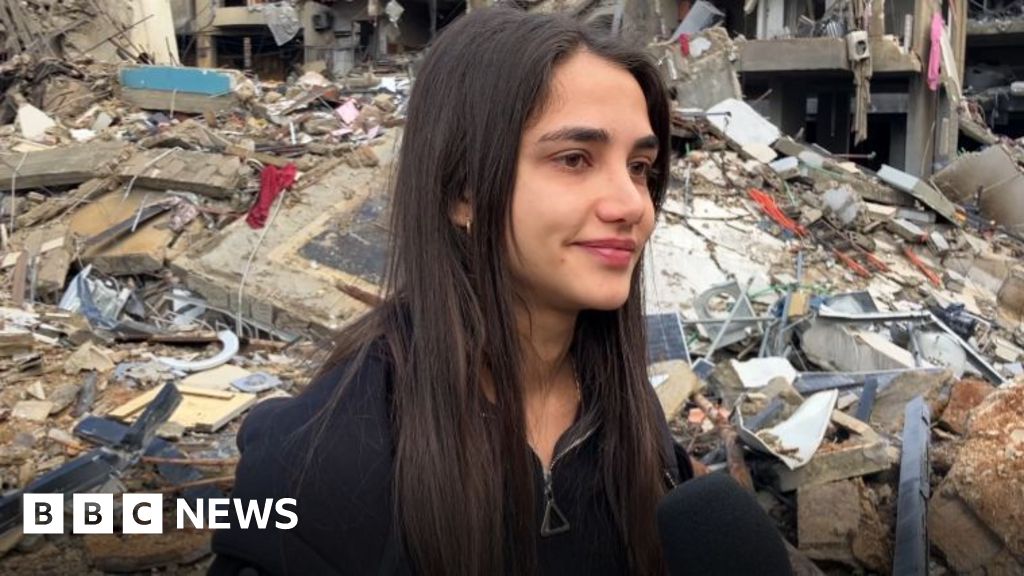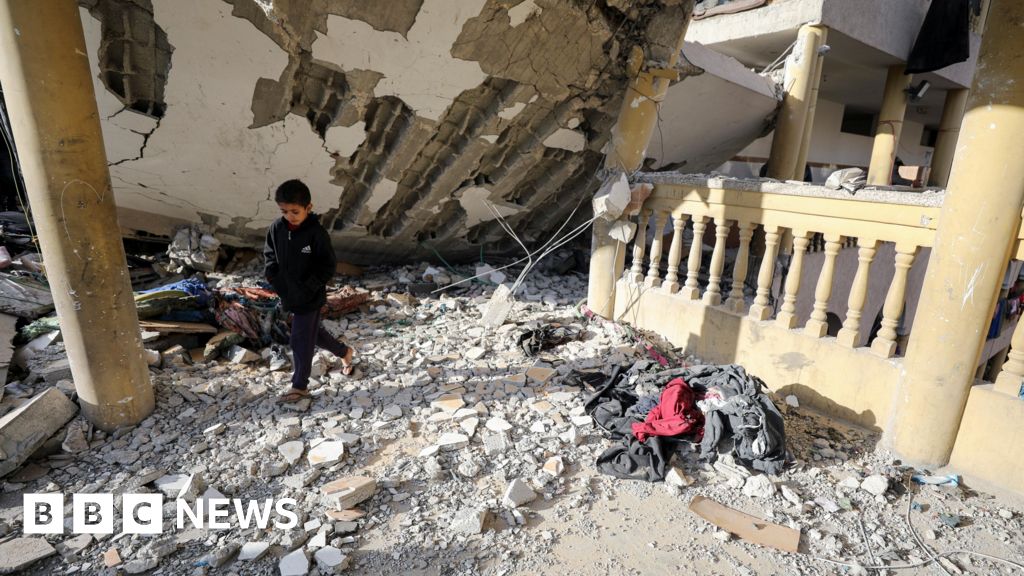ARTICLE AD BOX
Federal prosecutors were wrong to use an obstruction law to charge hundreds of January 6 rioters, the supreme court has ruled in an opinion that could affect the case against Donald Trump.
The justices ruled that obstruction charges must include proof that defendants tried to tamper with or destroy documents, and sent it back to a lower court for review.
More than 350 people have been charged with obstructing Congress’ business under a law that was passed in 2002, after the Enron scandal, to stop corporate misconduct.
Special Counsel Jack Smith has also charged Trump with allegedly conspiring to defraud the US and allegedly conspiring against the rights of citizens, so the outcome of the case will not halt the entire federal case against the former president.
Trump is fighting those charges, and in a separate Supreme Court case yet to be decided has argued he should not be prosecuted for acts he carried out while in office.
In general, obstruction charges represent just a fraction of those lodged against defendants involved in the riot, and many face multiple charges.
The case was brought by Joseph Fischer, a man who attended Trump’s rally in Washington on 6 January 2021, then briefly went inside the Capitol.
He was seen arguing with police on video before leaving the building.
Mr Fischer, a former police officer from Pennsylvania, still faces trial on a number of other charges including civil disorder, disorderly conduct and assaulting, resisting or impeding a police officer.
More than 1,400 people have been charged with crimes related to the riot.
According to the justice department, more than 500 defendants have been charged with assaulting, resisting, or impeding officers, including more than 130 who have been charged with using a deadly or dangerous weapon or causing serious bodily injury to a police officer.
And more than 1,300 people have been charged with entering or remaining in a restricted federal building or grounds. More than 100 of those have been charged with entering a restricted area with a dangerous or deadly weapon.

 4 months ago
25
4 months ago
25








 English (US)
English (US)